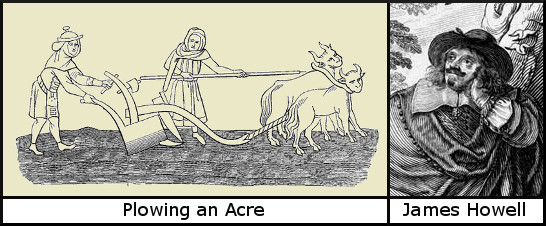Abraham Lincoln? James Russell Lowell? Anonymous?
Question for Quote Investigator: Intelligent and thoughtful people maintain mental flexibility throughout life. It is irrational to rigidly adhere to a fixed opinion in the face of reliable contrary information. Abraham Lincoln supposedly said:
The foolish and the dead alone never change their opinions.
These words have also been credited to the prominent poet and editor James Russell Lowell. What do you think?
Reply from Quote Investigator: This quotation appeared in the 1871 collection “My Study Windows” by James Russell Lowell within a section about President Abraham Lincoln. Boldface added to excerpts by QI:1
The imputation of inconsistency is one to which every sound politician and every honest thinker must sooner or later subject himself. The foolish and the dead alone never change their opinion.
The passage above was written by Lowell and reflected his opinion. He did not ascribe the words to Lincoln; however, some readers probably became confused because the piece was about Lincoln. Lowell’s quotation differed slightly from the popular modern version. The word “opinion” was singular in the original statement.
Below are additional selected citations in chronological order.
Continue reading “Quote Origin: The Foolish and the Dead Alone Never Change Their Opinion”
